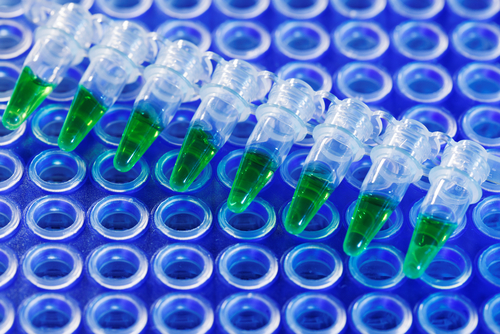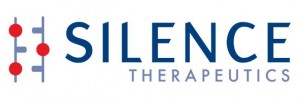Silence Therapeutics To Utilize New Genetic Toolkit For PAH Drug Development

 Silence Therapeutics recently developed a genetic toolkit to support the company’s research into to several diseases, including pulmonary arterial hypertension (PAH).
Silence Therapeutics recently developed a genetic toolkit to support the company’s research into to several diseases, including pulmonary arterial hypertension (PAH).
Specifically, Silence will utilize its new genetic toolkit to modulate gene expression and deliver unique systems to a variety of organs and cell types in pre-clinical in vivo animal models of diseases such as PAH. The company believes that the toolkit can serve as the platform for its pre-clinical studies, providing a well-established, embedded algorithm for setting clear go/no-go development milestones.
[adrotate group=”4″]
“Drug development is entering the age of genetic medicine and through our leading technologies and collaborations, Silence is giving the UK and Europe a central role in this ground breaking area of medicine,” said Silence Therapeutics CEO, Ali Mortazavi. “With the ability to modulate gene expression both up and down in pre-clinical animal models, we aim to fundamentally change the timelines, costs and risks of a traditional biotechnology business model. “Our focus on translational medicine and partnerships with some of the world’s leading academic institutions mean we are well positioned to advance the field of cutting edge therapeutics.”
Currently, the company’s translational medicine team is transitioning this new technology into product candidates with therapeutic and clinical applications that they believe can help patients with diseases such as PAH. The company’s multidisciplinary team is composed of medical doctors, biologists, business analysts and consultant key opinion leaders, and is focused on partnering with leading academic institutions in order to complement their internal expertise and develop new models of study.
[adrotate group=”3″]
As part of this effort, Silence’s research team is making its genetic toolkit available to researchers at William Harvey Research to continue research on the effects of the company’s lung-specific formulation Atu111 for endothelin-1 inhibition in the treatment of pulmonary arterial hypertension, as the first clinical trials demonstrated significant benefits and vascular remodeling reductions in the disease model. The encouraging results led the company’s decision to continue research and development into Atu111 for treatment of the disease, given the unmet medical needs associated with PAH.
In addition to pulmonary hypertension, the company is also developing Atu111 for the treatment of lung vasculature as well as novel formations for pre-eclampsia, lung cancer, liver indications, tumor angiogenesis, ocular melanoma, Fibrodysplasia Ossificans Progressiva (FOP), radiosensitisation, ischemia/reperfusion injury, vasculitis, and cardiopulmonary bypass.







